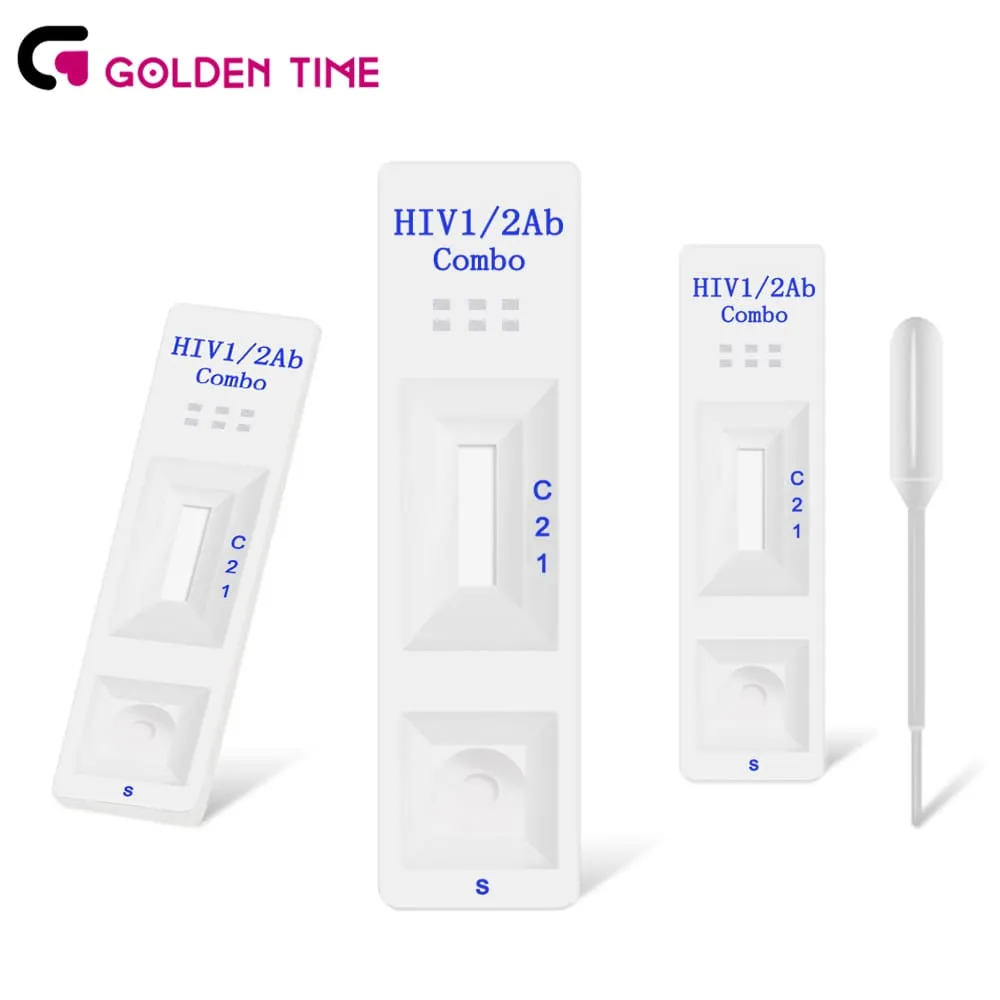Οκτ . 14, 2024 03:19 Back to list
Effective Dengue IgG Testing Methods for Accurate Diagnosis and Monitoring
Understanding the Best Dengue IgG Test A Comprehensive Overview
Dengue fever, caused by the dengue virus, poses a significant public health challenge in many tropical and subtropical regions. The rapid spread of the virus has increased the demand for effective diagnostic tools, particularly for identifying previous infections. One such essential diagnostic tool is the Dengue IgG test, which plays a critical role in both individual diagnosis and public health surveillance.
What is the Dengue IgG Test?
The Dengue IgG test is a serological test that detects antibodies produced by the immune system in response to a dengue virus infection. Immunoglobulin G (IgG) antibodies are typically produced several days after the onset of illness, indicating a past infection. This contrasts with the Dengue IgM test, which detects antibodies that are formed earlier, suggesting a recent infection. Thus, the IgG test is crucial for understanding an individual's dengue history, especially in endemic areas.
Importance of the Dengue IgG Test
The Dengue IgG test is vital for several reasons
1. Epidemiological Surveillance Health authorities use these tests to monitor the spread of dengue and assess the population's immunity levels. This information helps in planning vaccination programs and resource allocation.
2. Differentiating Infections The test helps differentiate between dengue virus infections and other febrile illnesses, which is crucial for implementing appropriate clinical and public health interventions.
3. Assessing Risk for Severe Dengue Individuals with previous dengue infections, as indicated by positive IgG tests, are at a higher risk for severe dengue upon subsequent infections with different serotypes. This information is critical for patient management and education.
best dengue igg test

Selecting the Best Dengue IgG Test
With numerous laboratories and kits available for Dengue IgG testing, choosing the best option can be daunting. Here are some key factors to consider
1. Test Sensitivity and Specificity A reliable test should demonstrate high sensitivity (the ability to correctly identify those with the disease) and specificity (the ability to correctly identify those without the disease). Look for tests that are validated by peer-reviewed studies.
2. Turnaround Time Quick results can significantly influence clinical decisions. The best tests provide results within a few hours to a few days, enabling timely management.
3. Ease of Use Tests should be simple to perform, which is crucial for labs with varying levels of expertise. Point-of-care tests can facilitate rapid diagnosis in community settings.
4. Regulatory Approval Ensure the test is approved by relevant health authorities, like the FDA or CE marking, which ensures the quality and reliability of the test results.
5. Cost-Effectiveness While accuracy is paramount, the cost of the test is also an essential factor, especially in low-resource settings. The best tests offer a balance between affordability and reliability.
Conclusion
With rising cases of dengue fever globally, the Dengue IgG test is invaluable for understanding the epidemiology of the disease and managing patient care. By recognizing the importance of accurate testing and selecting the best available options, healthcare providers can better tackle dengue infections. Ongoing advancements in diagnostic technology will continue to improve our ability to combat this significant public health issue, ultimately leading to better outcomes for affected individuals and communities alike.
-
Accurate HCG Pregnancy Test Strips | Fast Home Use Kit
NewsJul.31,2025
-
Reliable Early Pregnancy Test Kit Supplier - Multi Plastic Cassette Options
NewsJul.30,2025
-
Transferrin Rapid Test Cassette – Reliable Tumor Marker Detection
NewsJul.29,2025
-
Accurate Follicle Stimulating Hormone Test Kit | Rapid Reliable Results
NewsJul.29,2025
-
High Accuracy LH Ovulation Test Kit - Digital Results & Wholesale Options
NewsJul.29,2025
-
HbsAg Blood Rapid Test Kit for Fast & Accurate Hepatitis B Detection
NewsJul.28,2025

